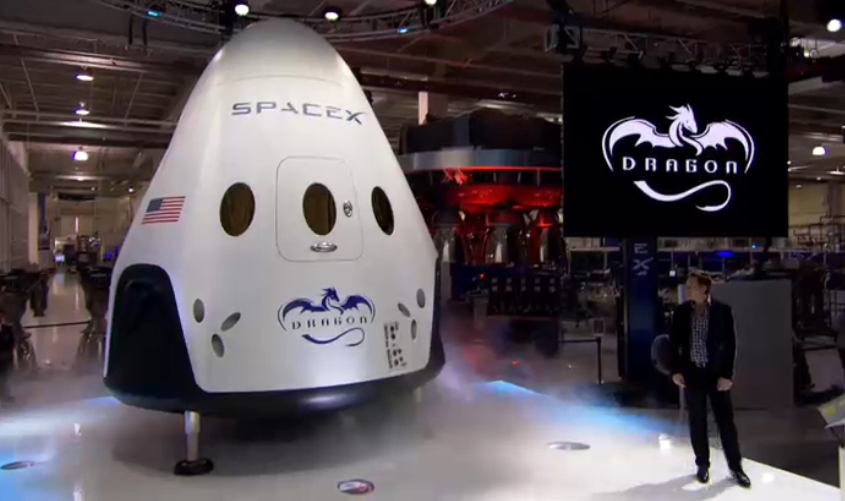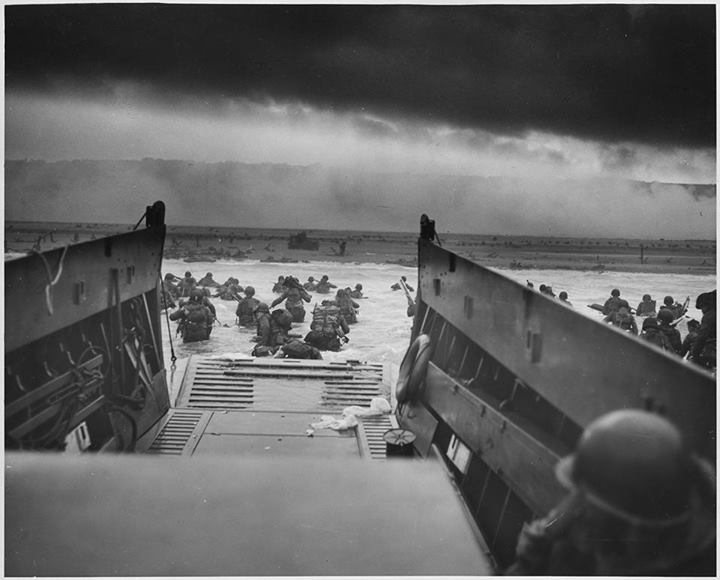A few days ago, I came upon my white-haired father muscling a squat metal cube about the size of a picnic cooler onto the concrete apron near his shop. The object was mounted on wheels, but they weren’t turning much, and when one of them did break free and rotate a quarter-turn or so, it only happened with the agonized squeal of metal long-frozen by rust; Dad was dragging the object more than he was wheeling it.
I trotted over to give him a hand — he’s been pridefully ignoring the problem, but his back isn’t what it was — and also to get a better look at this… whatever-it-was. The fabulous Bennion Compound holds a lot of mysterious artifacts I cannot identify, but I at least recognize them as part of the collection. I couldn’t recall ever seeing this one, though, so I asked the natural question: “What the hell is this thing?”
“It’s a gas-powered welder,” Dad replied, as if it were the most obvious thing in the world.
“Oh,” I said, still not really understanding what I was looking at.
Dad elaborated. “It’s an arc welder with its own generator, so you can weld out in the field where there isn’t any electricity.” Ah. Now I got it. Now I could see that the unit was actually two machines in one, an engine on one side and a boxy appliance festooned with electrical hook-ups and outlets on the other.
“Where’d it come from?” I asked.
“Oh, Jack Smith gave it to me at some point. It’s been out in the barn underneath a bunch of stuff.”
Jack was our next-door neighbor as I was growing up, a kindly if sometimes exasperating old guy who sort of resembled Fred Scuttle, a moon-faced, mischievous character from the old Benny HIll Show. At one time, Jack had been a welder at the famous Kennecott open-pit copper mine that has eaten away a good chunk of the mountains on the west side of the valley. He’s also been dead for nearly 20 years, which meant this welder had probably been tucked away for 30 or 35 years.
“I used to have another one,” Dad continued, “but I got rid of it a while back. I remembered this one and thought I’d see if I could get it going.”
It seemed like a dubious prospect to me. The machine was ancient — the ghost of a logo I could see on the side looked to my eye like a 1960s font — and the whole surface of it was reddish-brown and scaly with corrosion. But I’ve seen Dad accomplish miracles with less, so I didn’t doubt too much.
“I just hope it hasn’t had gas in it all this time,” Dad said, reaching for the screw-cap on top of the engine. Like the wheels, it was frozen by the passage of time, and Dad had to wrap a rag around it and bear down hard to get it to move. When it finally broke loose, it spun nearly all the way off, releasing a puff of foul-smelling air. If you’ve never smelled gasoline that’s turned to varnish, trust me: there are few stinks on this planet that are worse. Maybe that weird flower that smells like rotting corpses. Or whale farts. But that’s about it. Seriously, it’s bad.
The smell of old gas is a satanic layercake of sickly sweet tones and acrid highlights. And an engine that’s full of that stuff may as well be packed with chewed bubblegum, because it has approximately the same effect. I knew Dad would be at this for a while, so I wished him luck and went about my business for the rest of the day.
Later that evening, I checked in with him again and asked how it was going with his new/old toy. His face broke into a grin and he motioned me over to the antiquated box. He wound a starter cord around the pulley — yes, this thing was so old, it didn’t even have an automatic recoil on the pull cord like every small-engine machine built since, oh, the Korean War or thereabouts — and gave it a tug. The ancient motor turned over once or twice, coughed, hesitated for a long enough beat I thought it had frozen again, then abruptly broke into a steady rumble. Dad pushed the throttle linkage a couple times and the engine obediently revved up and down. When Dad pressed the kill button after a few more seconds, the motor at first refused to die, as if it was reluctant to return to its decades-long dormancy. Not only did he get it running, I mused, he got it so running, it won’t stop.
“So how’d you do it?” I asked. Dad proceeded to tell me how he’d poured lacquer thinner into the gas tank to break up the varnish, and then crafted a new fuel line out of a piece of small-gauge copper tubing he’d found, because the old rubber line had dried up and cracked with age. There were probably other things as well, but to be honest, I stopped listening at some point. I was too busy thinking how amazing my old man is in the way he can take a rusty old hunk of inert metal that I would’ve hauled to the dump and breathe life into it, like Victor von Frankenstein and his accursed monster. Moreover he does it just for fun. Just to see if he can. I, on the other hand, can barely change my own oil.
I’m ashamed to admit there was a time in my life when I didn’t appreciate his gift, and truthfully, I doubt if he himself appreciates it to this day. He doesn’t even see his skills as a gift. They’re just what he does. Me, I can look around and see all the instances of misused apostrophes on signs and menus (dear god, why don’t people understand it’s versus its?). But so what? Nobody wants to listen to a scold and there’s always another typo to be found. Dad, on the other hand… he can work a genuine form of magic on the real world, the practical world, the world of moving parts and hand tools. He can rebuild a car or rewire a house. He knows plumbing and carpentry. He can estimate distances accurately with his eye alone. He understands how things fit together and what needs to happen to achieve a certain physical effect. He can make things. He is a man in an old-fashioned sense of that word. He is, in fact, the manliest man I’ve ever known. I don’t begin to measure up to his example.
It was once impossible for me to say this, for reasons I still don’t entirely comprehend, but it’s becoming easier for me to say this with every passing year: I am proud of my dad. I just wish I was more like him.
Happy Father’s Day, everyone.






